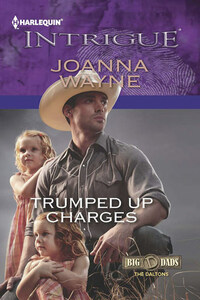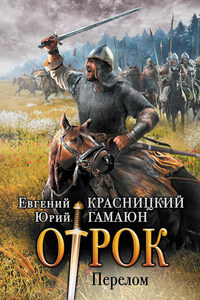This happened ten years ago, more or less. It’s mid-morning on the second day of January, in the modest but immaculate little bungalow that is home to Benjamin and Christine Kemp. Having clambered over the stile of New Year’s Day, the Kemps are now setting out on their trek across the bleak moorland of yet another year of conjoined medium-level misery. Christine is in the kitchen. A row of brass ornaments is laid out on a tea towel on the breakfast table and she is polishing her way down the line. Her husband is there as well, reading the paper. They have recently retired, both of them. For more than forty years, from the year before he married Christine, Benjamin worked for the local council, in the rates department; Christine typed and filed medical records at the hospital for a couple of decades, after raising their daughter, Elisabeth, who at the age of nineteen married a French shopkeeper she’d met on holiday six months previously. Elisabeth then went to live in a village near Limoges, and might as well be living in a village in Tibet for all her parents see of her nowadays.
Benjamin is trying to recall who gave them that horrible brass horse with the spindly legs and massive head when Christine opens a cupboard and the door squeaks. She sighs into the cupboard, and it’s like the chill breeze that heralds the storm. ‘Are you ever going to fix this?’ she asks.
‘Yes, dear,’ replies Benjamin.
‘And when would that be?’
‘Soon.’
‘How soon?’
‘This afternoon.’
‘That would be nice. Please do it.’
‘Yes, dear.’
She closes the cupboard and opens another one. There’s a sharp hiccup of irritation and she turns round, showing him the small round handle that’s just come off in her hand. She presents it to him, Exhibit 3227 in the never-ending case of Kemp versus Kemp. ‘Why does it always take you so long to do the tiniest little job?’
‘And why is the tiniest little job always my job?’
‘You said you’d do it. It’s not as if you’re rushed off your feet, is it?’
‘No, dearest. It’s not as if I’m rushed off my feet. You’re quite right.’
‘So?’
‘So what?’
‘When are you going to fix it?’
‘This afternoon, dear. After I’ve fixed the squeak that I alone can fix.’ And so on. They have each other now, all day long. Just each other, all day, every day. It’s too much; it’s not enough.
The niggling becomes a raised-voice row, and as usual it’s Benjamin who retreats. What can he say? That he hasn’t fixed the bloody cupboard door because he’s bored out of his head, today as every day, the same as she is? What would be the point? He puts down the paper and leaves the room. ‘That’s right,’ Christine calls after him, ‘you just walk away.’ She hears him picking the keys off the table in the hall. ‘Where are you going?’
‘Out.’
‘Out where?’ He doesn’t answer. ‘What about that blasted dog?’ she yells. So he takes the dog, a decision which is really going to knock a divot out of his day.
Milo, that’s the dog’s name. Milo is a sullen and overfed mongrel, part labrador, part something very much less handsome. They get into the car, Milo beside his driver, and they drive down to the seafront, where Benjamin – seeing that the tide is out – turns eastwards, towards the headland, and parks in the very last bay, where the road comes to an end against the cliffs. They walk on the beach all the way to Straight Point, and there Benjamin takes a rest. He sits on a rock, feeds a handful of biscuits to the dog, stares at the sea. The scene could not be more appropriate to his mood: the sky is a filthy old sponge, the air is thick and cold and damp, the sea is an infinite pavement of grey sludge. It’s not truly raining, but there’s so much water in the air that he’s getting soaked as he sits. He watches Milo moping around the pools, picking a path through the dull green slime that coats the rocks. When you’re feeling despondent, gazing into a mirror can make you feel worse, and this is the same: the longer he stays here, the gloomier Benjamin is becoming. He whistles for the dog, and they set off back towards town.
It was a rough night, the night before, and the sea has dumped piles of bladderwrack and rubbish in a thick continuous scum at the foot of the cliffs. Nose lowered, Milo is following the line of seaweed and flotsam, pausing now and again to root about in whatever’s been washed up. Short of breath, Benjamin stops again, and the dog disappears into a corral of stone blocks that fell off the rockface in the autumn. When Benjamin reaches the stones, Milo has moved on: his tail is visible, about fifty yards off, wagging above a hummock of sand, between two car-sized slabs. Benjamin whistles, but Milo doesn’t come to him. Having been ignored three or four times, he walks a few steps closer and sees that the dog is standing in a long wide groove that the tide has scoured in the sand, and has shoved his muzzle into a well-stuffed black bin liner. Benjamin waits. The dog’s pulling something out of the bag, a thick cable or a length of stout rope, and he’s having a good chew at it. There’s no hurry. Benjamin waits, eyes closed, dozing on his feet.










